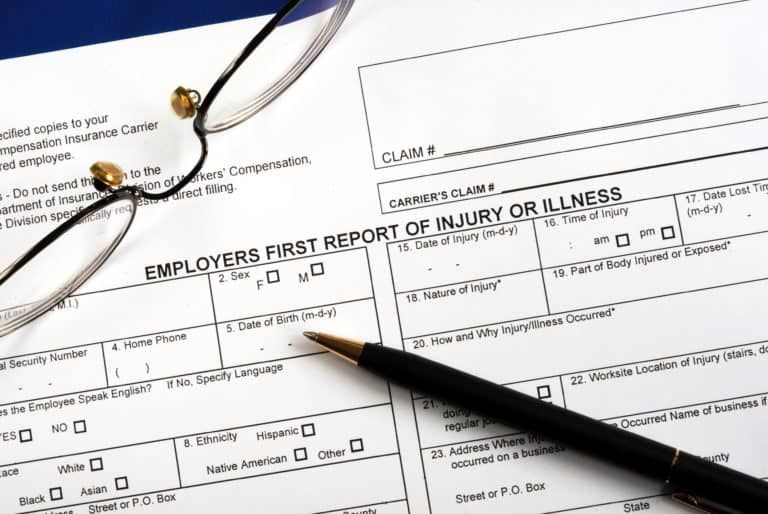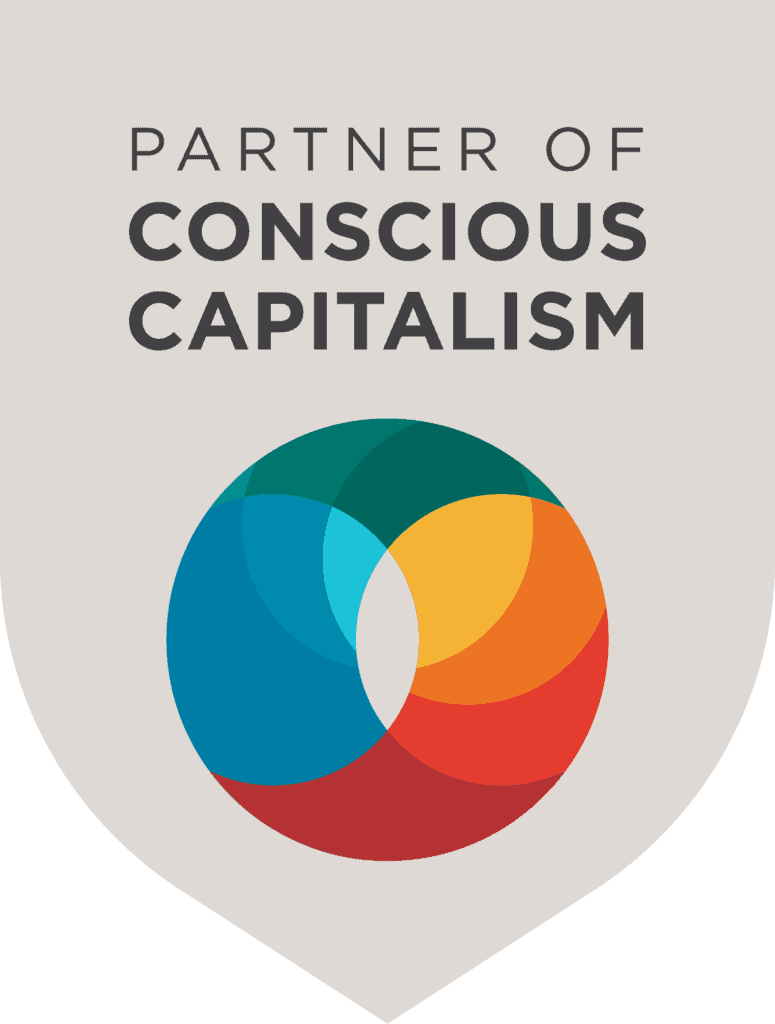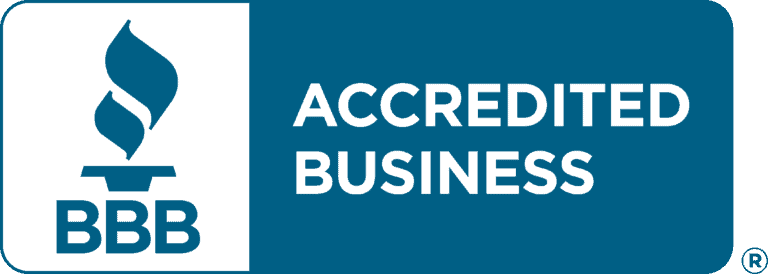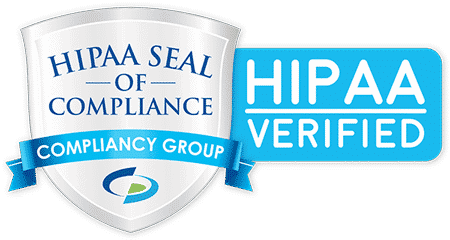Eighteen months after the global pandemic changed the commercial landscape and rendered many businesses inoperative, there is a glimmer of hope with the massive administration of COVID vaccines. Noticeably, there has been a lot of changes in the months leading to this point.
We see businesses adopting remote working, hybrid offices, and planning benefits for workers in a ‘work from anywhere’ setting. We have written several articles that cover what to expect and the trends you should adopt to ensure a more efficient process post-COVID.
The pandemic grossly affected B2B and B2C industries. However, it also placed a dent in how workers’ compensation claims. From how each compensation is handled, to the various types of workers’ compensation filed, and even how the treatment is provided has changed due to the pandemic.
We will look at some of these changes that have affected workers comp:
An Emerging Definition of Workers’ Comp
Workers’ compensation, over the years, has experienced some form of change. Albeit, the global pandemic has triggered a new change. Initially, workers comp was meant to take care of occupational accidents. Soon after, the scope extended to factor in diseases caused by the occupation.
States such as Michigan, Tennessee, Oregon and Connecticut have expanded workers comp to accommodate workers who develop injuries gradually and not due to a significant event. Thus, it has resulted in substantial, repetitive comp claims involving work-related traumas in recent times.
Initially, workers comp was not established to take care of the global pandemic. However, workers could make comp claims if there was an increased risk due to their responsibilities in the workplace – that is, if there was a record suggesting exposure and medical diagnosis.
It is even difficult for workers to prove they contracted the virus due to work – seeing there are countless potential ways for them to get it elsewhere. This has changed the burden of proof from affected employees. The onus has now shifted to employers to provide evidence to suggest that the infection did not occur at the workplace
However, COVID has some factors affecting worker comp. Some of them include:
Reinsurance Exclusion
Since workers comp is a legal and binding coverage, carriers cannot exclude specific causes of loss. However, reinsurers are looking to ban the pandemic from their coverage. This is not the first time it is happening.
After the 9/11 attacks, reinsurance industries moved to exclude terrorism as a part of workers’ comp claims. This scenario may also play out in this case.
Reduced Payroll
Workers comp claims are directly tied into payrolls. In the heat of the pandemic, a record 114 million people lost their jobs globally. As a result, fewer people working typically translates to fewer premiums subscribed and fewer comp claims reported.
The impact of this has gone beyond commercial industries to affected other sectors. While some experts predict that it would take at least 2 years for the economy to bounce to what it was pre-COVID, significant airlines are positing reduced demands all through this year and next.
What steps can you take as an employer?
Compliance
The first thing you need to do as an employer is to comply with the laws in your state. But first things first: you need to find out if your insurance policy covers the states where your employees are working.
To find out, you need to check your workers’ comp policy in the states listed in item 3A on the Declarations Page. Items 3A should comprise the list of states your employees are working in.
Remember that not all states have the same policy to workers comp, especially with regards to COVID. While some states have ordered that workers’ illnesses directly linked to COVID should be covered under workers comp claims.
For instance, California has mandated that workers whose services were required at the workplace during the lockdown protocols have a higher risk of contracting the virus. Thus, they should file a claim for compensation if they do contract the virus.
Other states have modified this law to only apply to frontline healthcare workers or responders. However, other states have not made any provisions for workers concerning COVID.
Maintain Open Communication with Employees
The life force of your business is your employees. Thus, it is essential to maintain open and regular communication with them – as it is vital in fostering a great partnership with them.
As people are now ready to visit physical offices for work, it is vital to communicate all the changes you may be implementing and the safety measures in place.
Regular check-ins with your staff are also crucial, as it would make them feel valued and respected in your firm. Also, it presents a beautiful opportunity to learn how to improve and support any initiatives.
Conclusion
Your business may be facing a deluge of workers’ compensation claims filed due to the COVID-19 pandemic. Expense To Profit has helped clients save money on workers’ comp without compromising or reducing their employees healthcare coverages. Your business could potentially save money, your employees have reduced premiums, and yet have the same coverage.
If you need help understanding workers’ compensation claims reach out to us to discuss how we can help you.






